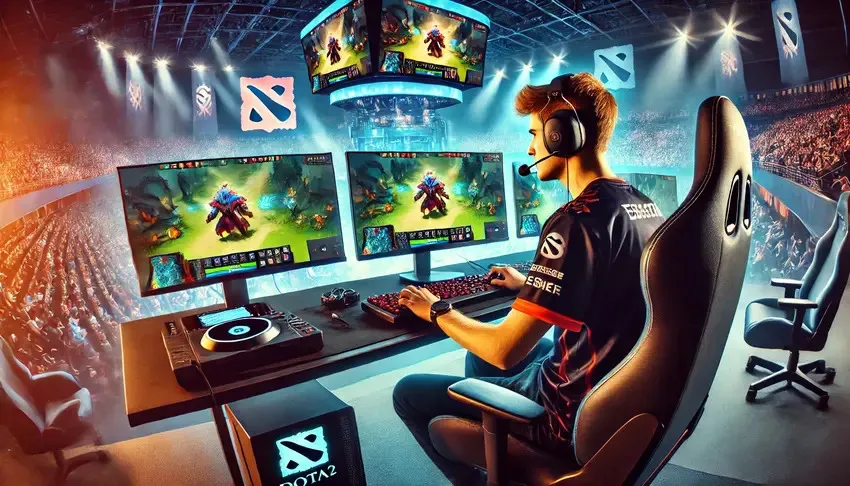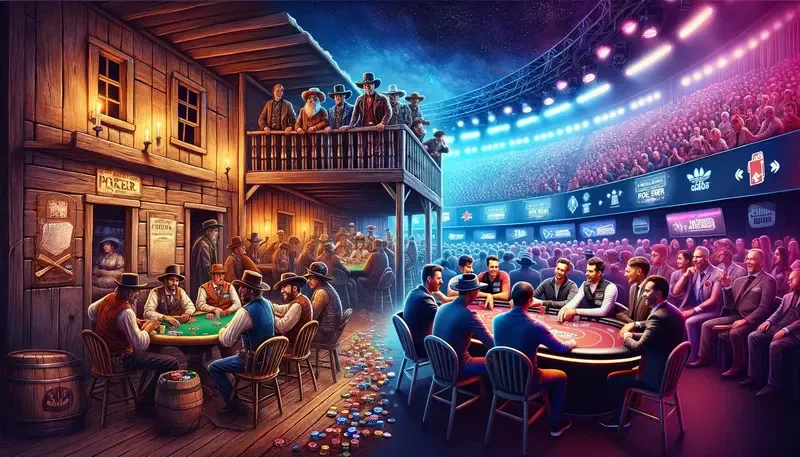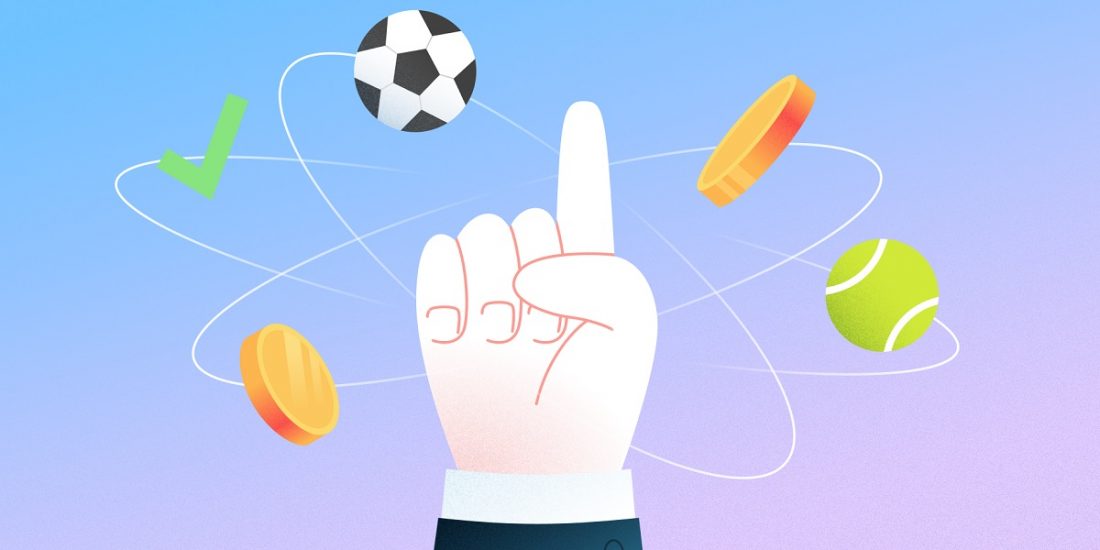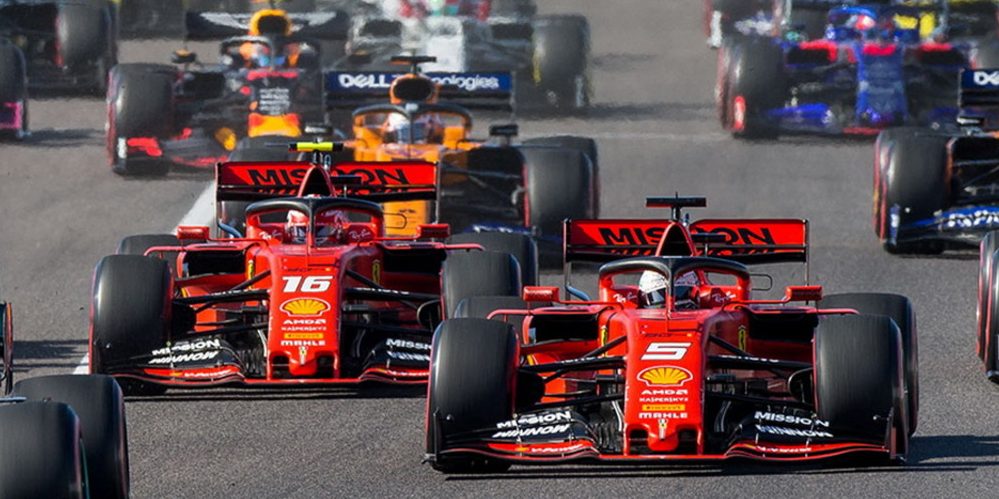
Profession of a Cybersportsman in Dota 2: Path to Success and Career Challenges
The world of esports has grown tremendously over the past decade, with Dota 2 standing as one of its cornerstones. As the competition heats up, the dream of becoming a professional esports player has become a reality for many. But what does it take to excel in the highly competitive world of Dota 2? In this article, we will explore the journey of a professional cybersportsman, the key stages in developing a successful career, and the unique challenges faced in this high-stakes environment.
How to Become a Cyber Athlete in Dota 2
To start a career as a Dota 2 professional, the first step is mastering the game. This involves countless hours of practice, learning the intricacies of the game mechanics, heroes, and strategies. Unlike traditional sports, where physical strength might be a factor, success in Dota 2 requires critical thinking, quick reflexes, and teamwork.
Most aspiring players begin their journey by playing ranked matches, trying to climb the leaderboards. Being recognized in high-ranking games often leads to attention from established teams and scouts. It’s essential to consistently perform at a high level, as recognition and recruitment depend heavily on visibility in the community.
Stages in the Development of a Career as a Cyber Athlete
- Amateur Tournaments: The early stages of a cybersportsman’s career often involve participating in smaller, amateur-level tournaments. These events provide invaluable experience and allow players to test their skills in a competitive environment. They also serve as a networking opportunity, where players can build connections with other aspiring professionals and potential mentors.
- Joining a Semi-Professional Team: Once a player has gained some recognition, the next step is joining a semi-professional team. This stage often involves rigorous training schedules, playing scrims against other teams, and further developing individual skills and teamwork. It’s during this phase that many players begin to understand the true demands of a professional career in esports.
- Professional Contracts: The transition from semi-professional to professional is marked by signing a contract with an established team. This stage often involves participating in regional and international tournaments, with significant prize pools at stake. Players at this level are expected to maintain peak performance, manage public relations, and handle the pressures of representing major esports organizations.

The Challenges of a Career as a Cyber Athlete in Dota 2
While the life of a professional cybersportsman may seem glamorous, it is not without its challenges. One of the most significant obstacles is the intense competition. For every player who reaches the professional level, there are thousands who never make it. This creates a high-pressure environment where consistency and resilience are essential.
Additionally, the life of a professional player can be mentally and physically exhausting. Long practice sessions, frequent travel, and the pressure to perform can lead to burnout. Mental health is a significant concern for many esports players, as they must learn to balance their love for the game with the demands of the profession.
Another challenge is the relatively short career span. Unlike traditional athletes, who may have a longer window of peak performance, esports players often find their careers peaking in their early 20s. This creates added pressure to succeed quickly and transition into other roles, such as coaching or streaming, once their competitive days are over.
The Importance of Personal Brand and Media Activity
In today’s esports landscape, being a top-tier player is not enough. Building a personal brand has become a crucial aspect of maintaining a successful career. This includes being active on social media, streaming on platforms like Twitch, and engaging with fans. Players who cultivate a strong personal brand often have more opportunities outside of the competitive scene, including sponsorship deals, merchandise sales, and other revenue streams.
Media activity also plays a key role in career longevity. Players who maintain an active presence in the public eye are more likely to stay relevant, even after their playing days are over. This can open doors to opportunities in broadcasting, analysis, or even team management.
Becoming a professional cybersportsman in Dota 2 is a journey filled with challenges, but for those who are passionate and dedicated, it can be a rewarding career. From mastering the game to building a personal brand, every aspect of the journey requires hard work, perseverance, and adaptability. While the road to success may be tough, the rapidly growing world of esports offers immense opportunities for those who are ready to embrace the grind.
Popular articles
-
 The Evolution of Sports Poker: From S...
The Evolution of Sports Poker: From S...In the vast panorama of competitive sports and games, few …
-
 European handicap in sports betting
European handicap in sports bettingThe European Handicap is a type of bet in which …
-
 Formula 1 covered the management crisis
Formula 1 covered the management crisisLast season was far from the best for the FIA …
